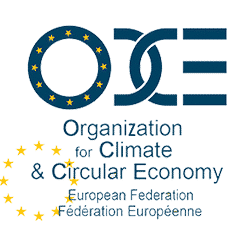This college is developing new avenues of public funding for the circular transition, in particular through smart taxation
-
- A) Tax on raw materials
This would mean less waste of initial energy for the extraction + processing + transport of raw materials. This would restore a balance coming from the raw materials’ reuse (20 %). - B) Tax on waste
Tax enhanced for incineration without energy recovery and for landfill - C) Reduced taxation related to resource efficiency
- A) Tax on raw materials
- VAT at a reduced rate on repairs and second hand equipment.
- Differentiation on the level of taxation between the container and the contents ( for incentive to reusable containers).
- D) Tax credit for the conservation and repair of industrial equipment
- Limit over-amortization mechanisms (120%) over short periods.
- Focus on repair.
- E) Taxation on the cost of transport flows
- Questioning the Basel Conventions on Sea Grants in particular.
-











